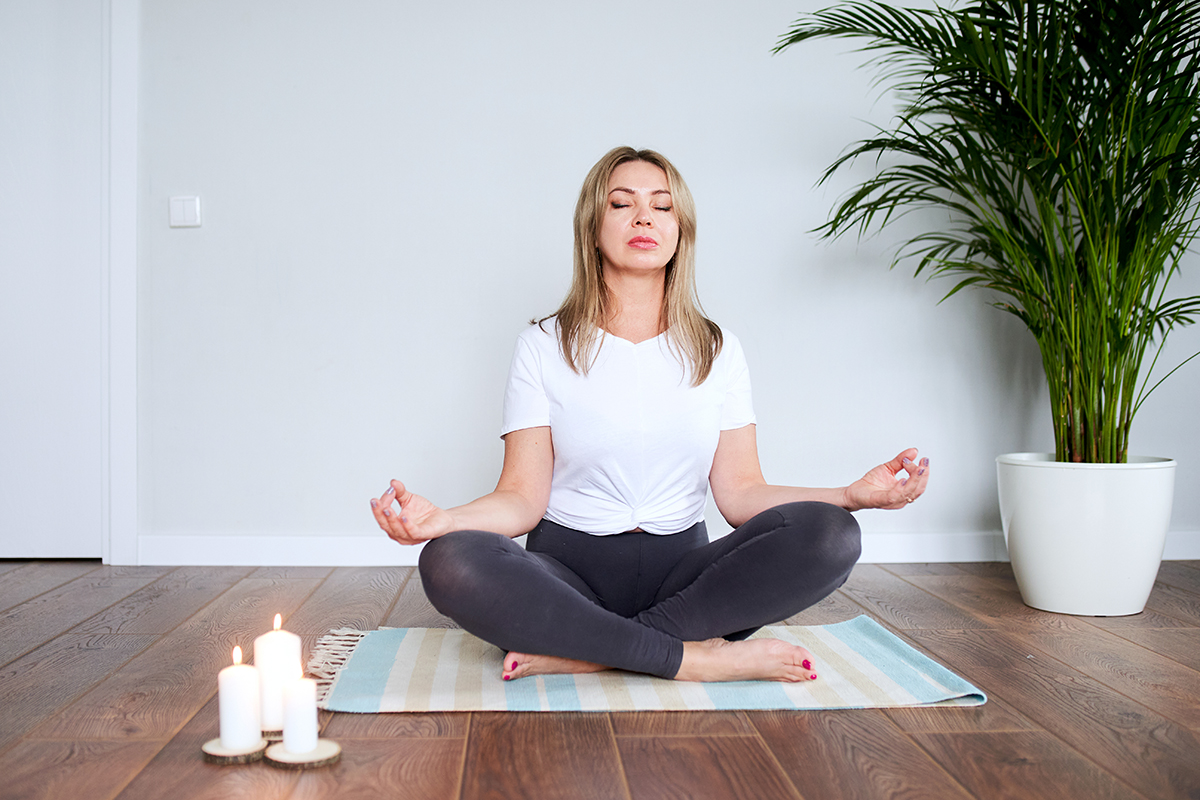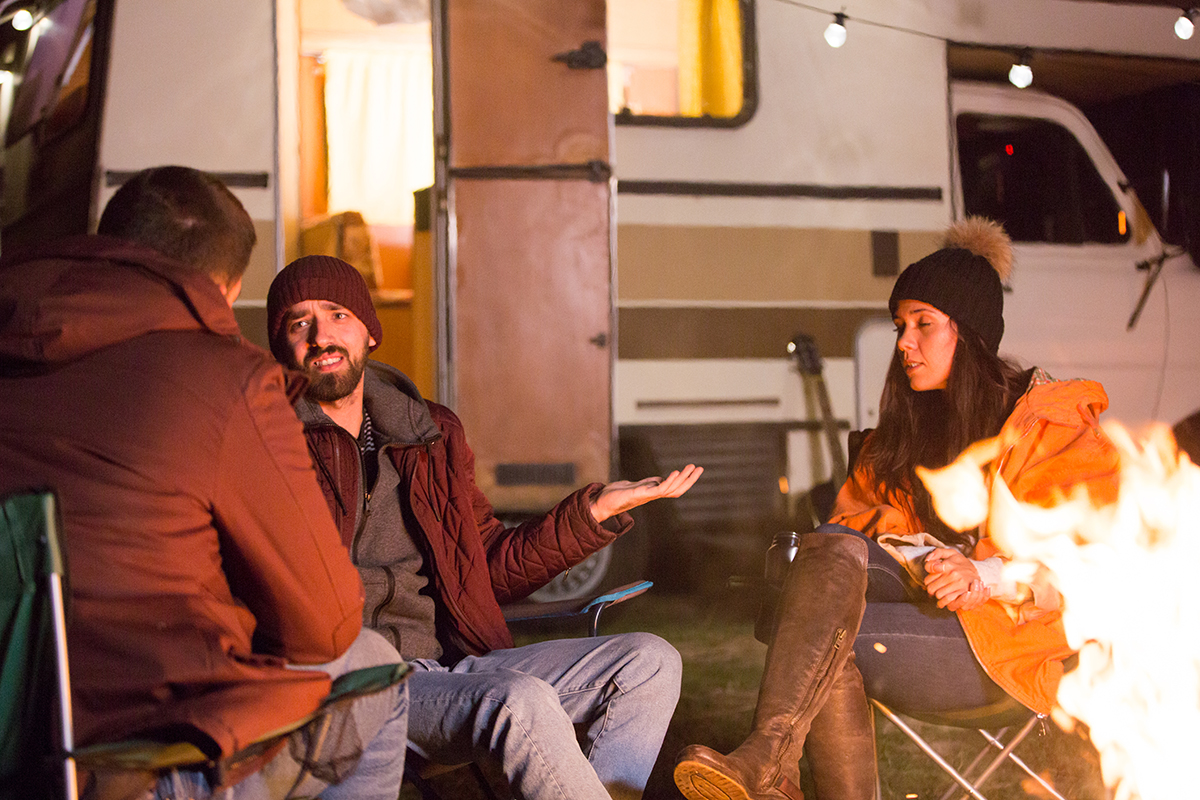Dealing with breakups is hard. It’s a journey often filled with a mix of emotions – pain, confusion, and healing all being part of it. Whether it’s the end of a romantic relationship or the loss of a friendship, the aftermath can be tough. But it doesn’t signify the end; on the contrary, it can serve as the start of a personal journey. This comprehensive guide is here to assist you in understanding and navigating through a breakup, providing tips, strategies, and insights to help you handle this tough time. By doing so, you can manage this challenging period in a healthier way and come out stronger.
Table of Content
- Understanding Your Emotions While Dealing with Breakups
- The Importance of Self-care
- Healthy Coping Strategies for Dealing with Breakups
- Moving Forward: Redefining Your Life Post-Breakup
- Seeking Professional Help
- The Societal Impact of Dealing with Breakups
- Personal Stories and Case Studies
- Common Mistakes to Avoid While Dealing with Breakups
- Rebuilding Confidence After a Breakup
Understanding Your Emotions While Dealing with Breakups

A breakup comes with a roller coaster of emotions. This can feel overwhelming. You may feel sadness, anger, confusion, and even relief. But why do these emotions arise? How can they help you grow? Furthermore, how can you manage them? This section will help you understand. We’ll explore why these reactions happen. Additionally, we’ll offer insights into how understanding them is the first step towards healing and growth.
To start with, you need to recognize your emotions. Then, accept them, and express them in a healthy way. You might find it helpful to write about your feelings in a journal. Alternatively, you might prefer to talk about them with a friend or family member. The key is not to hide your emotions. Instead, acknowledge them and let them guide your healing process.
The Importance of Self-care

After a breakup, emotions can run wild. In such a situation, it’s easy to forget to take care of yourself. But self-care is crucial. It’s about taking care of your physical, emotional, and mental health. Consequently, after a breakup, self-care means eating well, sleeping regularly, staying active, and practicing mindfulness. This includes activities such as meditation and journaling.
Moreover, self-care also means allowing yourself to feel joy. Seek out experiences that make you happy. This could be spending time in nature, enjoying a hobby, or taking a relaxing bath. These acts of self-love can help you. Always remember, self-care is about being kind to yourself. It’s about taking the time to heal.
Healthy Coping Strategies for Dealing with Breakups

Stress management post-breakup requires patience and resilience. It also necessitates the right strategies. Seeking support from loved ones or immersing yourself in enjoyable activities can be beneficial. These strategies are the tools you need to navigate the post-breakup turmoil.
In this section, we’ll delve into these strategies. Let’s talk about their benefits and how to use them effectively. Physical activity, for instance, can be a lifesaver. Regular exercise can help to reduce feelings of anxiety and improve your mood. This is due to the release of endorphins, often referred to as ‘feel-good’ hormones. Furthermore, mindfulness practices such as meditation and yoga can also be a big help. They keep you focused on the present moment. This helps to reduce rumination and gives you a clearer perspective.
Moving Forward: Redefining Your Life Post-Breakup

Initially, a breakup can feel completely overwhelming. Once the shock subsides, you find yourself at a unique crossroads. It’s an opportunity to redefine your life. This could involve setting new goals, exploring new interests, or even moving to a new city. This process of change and growth can be immensely rewarding.
In this part of the guide, we’ll delve into practical tips and advice. Let’s discuss how to embrace change and create new routines. We’ll also talk about moving forward with confidence and optimism. It’s important to remember that it’s not about erasing your past. Rather, it’s about building a future that aligns with your values and aspirations.
Seeking Professional Help

There are times when dealing with breakups requires more than self-help. It may even require more than the support from loved ones. In such cases, therapy or counseling can be a huge help. Professionals provide a safe and non-judgmental space. Here, you can express your feelings, learn effective coping strategies, and navigate your healing journey.
It’s essential to understand that seeking help isn’t a sign of weakness. It’s a sign of strength and resilience. It shows that you’re taking proactive steps towards your wellbeing. This section will discuss the benefits of seeking professional help. It will also offer guidance on finding the right resources for you.
The Societal Impact of Dealing with Breakups

Breakups are more than just personal experiences. They also carry societal implications. They can change social dynamics, affect economic conditions, and even influence public health. This section will explore these larger implications. We will delve into how societal norms can affect how we deal with breakups. Understanding this can provide a broader perspective. It can also help in destigmatizing the emotional turmoil often associated with the end of a relationship.
Personal Stories and Case Studies

Real-life experiences can offer valuable insights. In this section, we share personal stories and case studies. These stories come from people who’ve navigated the challenging terrain of break-ups. They’ve come out stronger and wiser. By sharing their experiences, we hope to provide comfort. We hope to reassure you that you’re not alone. Also, these stories can provide practical advice. They can offer strategies that worked for others in similar situations.
Common Mistakes to Avoid While Dealing with Breakups

After a breakup, we can make decisions we might later regret. Things like rushing into a new relationship or seeking revenge. These mistakes can make the healing process longer. They may even lead to more pain. In this section, we discuss these mistakes. We provide advice on how to avoid them. By knowing these pitfalls, you can make healthier choices. This can speed up your recovery.
Rebuilding Confidence After a Breakup

A breakup can leave you questioning your self-worth. It’s normal to have these feelings. But it’s crucial not to let them define you. Rebuilding your confidence post-breakup is an essential step towards healing and growth. In this section, we’ll discuss strategies and exercises. These are designed to help you regain your confidence. They can help you reestablish your self-worth. They can also help you rebuild your identity independent of your past relationship.
Conclusion
Dealing with breakups is a journey of self-discovery and growth. By understanding your emotions, you can start healing. Prioritizing self-care is crucial. Implementing healthy coping strategies helps. Learning from others’ experiences is beneficial. Avoiding common mistakes is key. You can navigate this difficult time with resilience. Remember, it’s okay to grieve, and it’s okay to move on at your own pace. You’re not alone in this journey. There’s always help available when you need it. Embrace the opportunity to learn, grow, and redefine yourself. The road to recovery may be challenging. But it’s also filled with potential for personal growth and happiness.








Leave a Comment